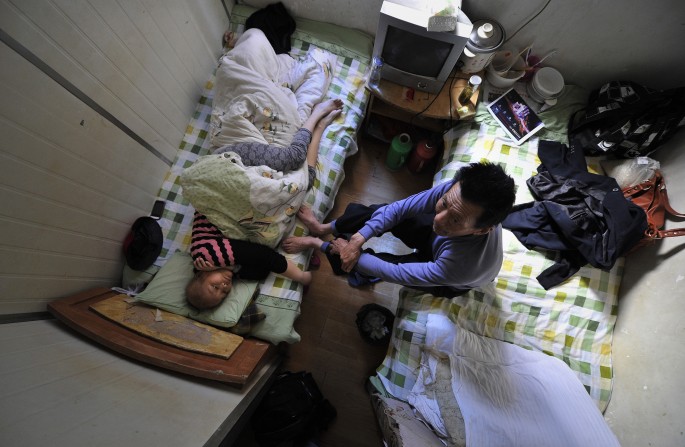Thyroid cancer cases in China rose 4.6 times over the last decade, with the disease almost doubling every two years, Xinhuanet reports.
The disease has also affected young and middle-aged women the most, according to findings revealed at a national academic conference on thyroid cancer in Tianjin. Three out of four people diagnosed with papillary thyroid carcinoma, the most common kind of thyroid cancer, are female.
Coastal areas and major cities have been identified as high-risk regions.
The mounting cases of this cancer are linked to better detection methods, according to Gao Ming, vice president of Tianjin Tumor Hospital. With ultrasonic technology, minor thyroid tumors can now be detected, leading to a 95-percent chance of patients recovering with prompt treatment.
Advanced cases can also be treated, like that of 27-year-old nurse Wang Wei who was diagnosed with the illness at age 8. A surgery was performed on her when she was 20, the year predicted to be close to her life's end, according to People Daily. She recovered shortly after.
Iodized salt, which was formerly regarded as having preventive qualities against thyroid cancer, is now seen by experts as a distraction. According to them, there is no sufficient evidence to show a direct connection between thyroid cancer and iodized salt.
However, they say that while overdose of iodine could cause the development of papillary thyroid carcinoma, iodine deficiency could otherwise lead to thyroid follicular carcinomas. Iodized salt has been promoted since 1993 in an attempt to combat iodine deficiency in China.
Cancer has posed growing risk in China in recent years owing to changing, unhealthy lifestyles and the worsening environmental conditions in the country. Each year 3.5 million new cases of cancer are reported, while 2.5 million people--almost as big as the population of Kuwait--die of the disease each year in China.



























